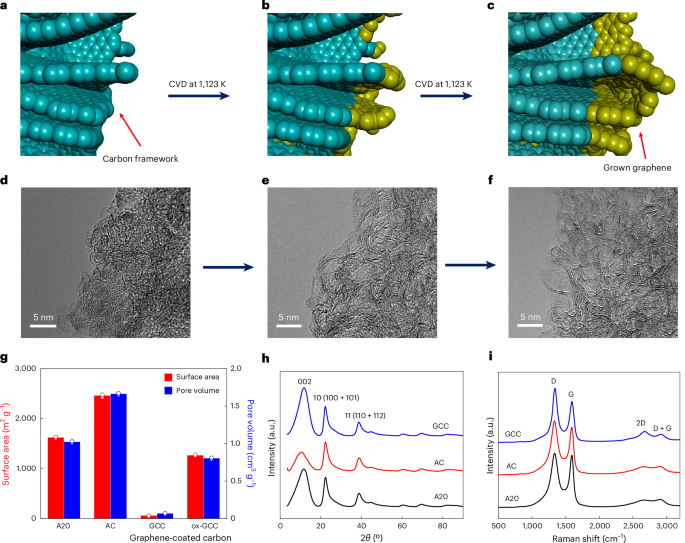Temu-Owner PDD Holdings Reports Huge Profit Drop Amid Tariff Uncertainties
PDD Holdings reported a 47% decline in net profit.

Temu-owner PDD Holdings reported a 47% profit loss in the first quarter. The Chinese e-commerce giant’s net income came in at 14.7 billion yuan ($2.04 billion), well below Q1 2024’s 28 billion yuan.
PDD’s total revenue for the quarter that ended March 31 reached 95.7 billion yuan ($13.3 billion). The figure was lower than expectations of 102.5 billion yuan. The tradeoff for lower revenue and profit was increased investments in merchant and consumer support amid tariff concerns.
“In the first quarter, we made substantial investments in our platform ecosystem to support merchants and consumers amid rapid changes in the external environment,” said PDD Holdings Co-CEO Lei Chen in the earnings release. “These investments weighed on short-term profitability but gave merchants the room to adapt and focus on high-quality, sustainable growth, strengthening the long-term health of the platform.”
PDD Holdings owns e-commerce platform Pinduoduo, which operates in China. Temu is its shopping site for the rest of the world, including the U.S. Growing competition in China and ever-changing trade policies have put increased pressure on the company to make a profit.
PDD Holdings’ Struggle With Tariff Policy
Temu and other online discounters have effectively built retail empires utilizing the de minimis exemption. The U.S. customs “loophole” allowed goods valued at under $800 to enter the country free of tariffs.
Earlier this month, the Trump administration changed the de minimis tariff exemption. Under an executive order from the White House, goods valued at less than $800 imported from China are subject to a customs fee up to 30%. The initiative provided some guidance as well as relief for Temu and other Chinese retailers.
Meanwhile, Temu has been expanding its reach beyond the U.S. Yet, other countries are also considering changes to tariff policies. The European Union, for instance, may begin charging a flat fee for small packages imported from China.
“No matter how policies shift, we’ll continue to strengthen our operations in the markets we serve, helping more local merchants grow on our platform and enabling more orders to be fulfilled from local warehouses,” said Chen, according to Bloomberg.




















































































![The F-35’s future: What new weapons, systems are coming to the stealth fighter? [Video]](https://breakingdefense.com/wp-content/uploads/sites/3/2024/09/8603513-scaled-e1725629281248.jpg?#)





























































